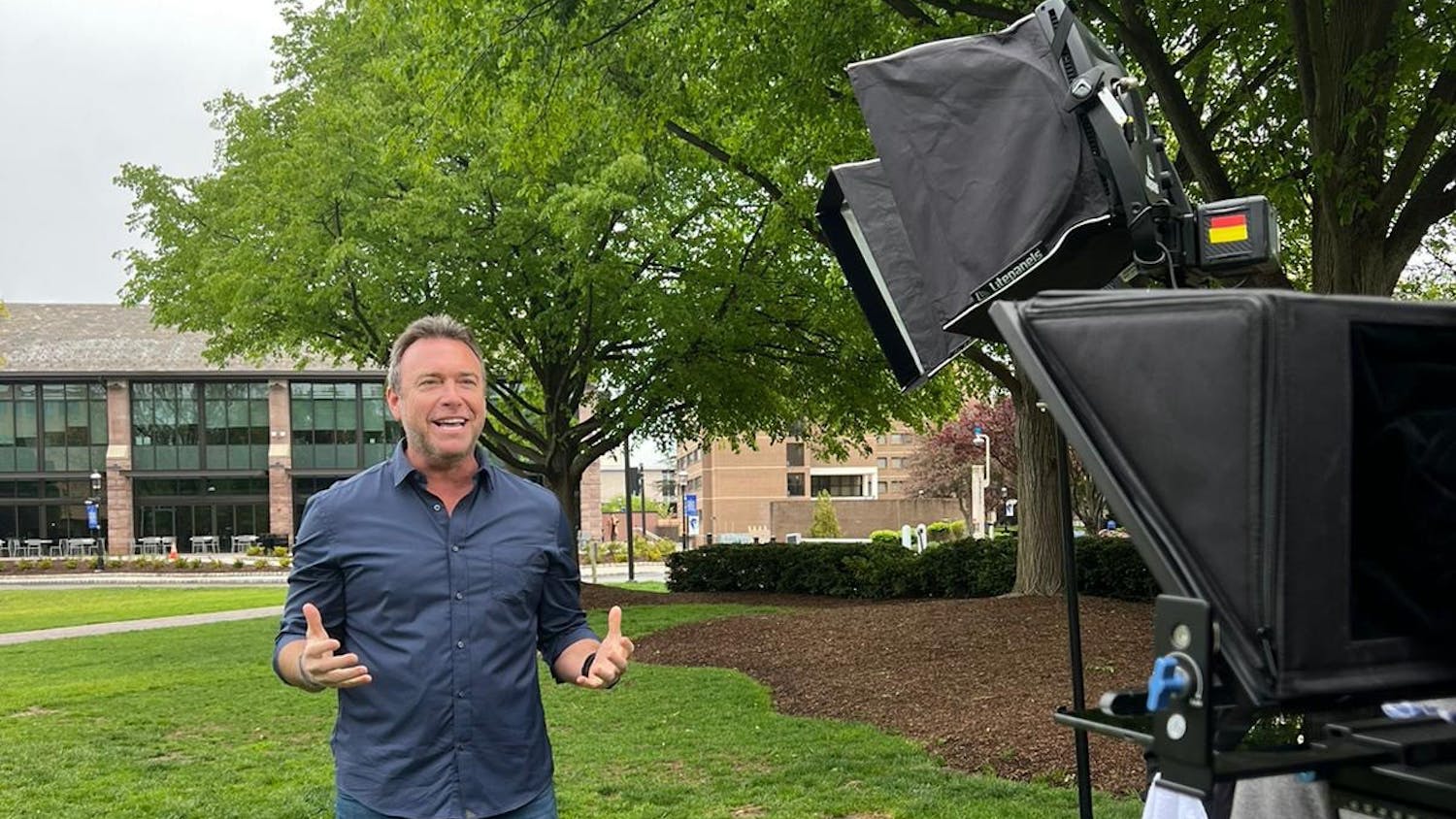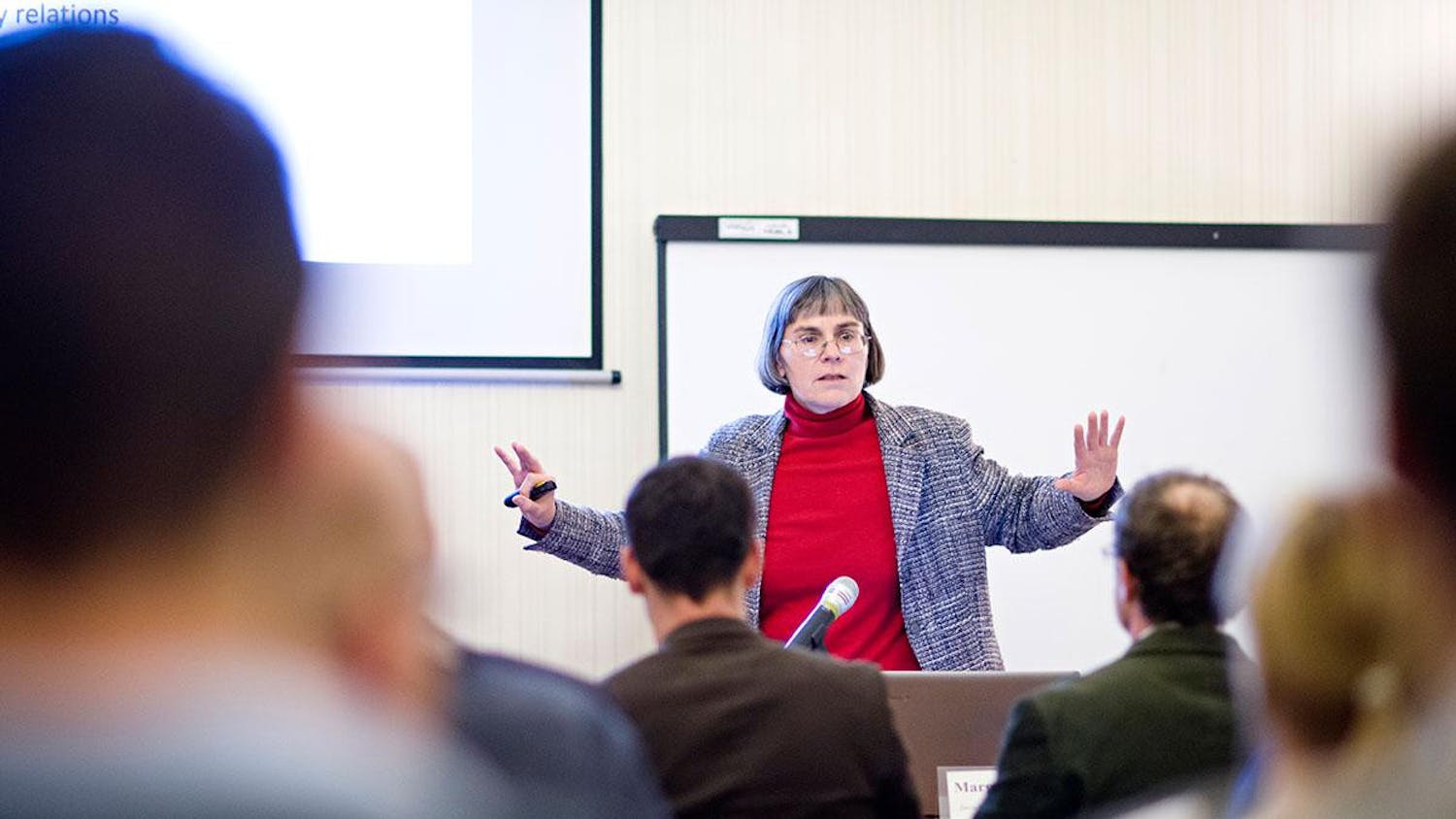On Jan. 22, Say Anything released a three-disk musical anthology, "All My Friends are Enemies: Early Rarities," which documents memorable moments for both the band and their fans.
They have now joined the long list of artists who have released a collection of music from their 'best days;' moments that originally established themselves as a band. But, an album comprised of greatest hits typically comes only after decades of maturation, not just 13 years since the first album release. Perhaps their latest full-length album "Anarchy, My Dear" might aid in understanding why they felt they owed their fans a reminder of who they used to be.
When "Anarchy, My Dear" was released in March 2012, some loved it, while others hated it. It certainly offered an excellent example of front-man Max Bemis's unique song-writing versatility, but many claimed Say Anything lost its original sound and moved into what would appeal to mass audiences.
However lyrics cannot solely carry an album.
Within the instrumentation of the first song a mold is made that shapes each and every song after. They do not all sound the same because the rhythms and melodies change quickly and often, but the organization of tension and transitions of cadence are basically identical. It's as if they constructed the album set after one blue print, changing only the materials for each construction, but leaving the foundation completely the same.
The cult classic "Baseball" acts as tribute to Say Anything's debut album, which unfortunately did not sell well at the initial time of release. Among their most popular work, the songs "Colorblind" and "A Walk Through Hell" are portals into the band's days of minimalistic power chords and poetically charged lyrics.
Whether or not Say Anything used their recently released anthology as means of apologizing to their major fan base cannot be figured concretely, but it seems as if they are perfectly aware that something in them has changed and they owe it to their fans to go back to their roots.
Benjamin Rader can be reached at Benjamin.rader@student.shu. edu.





